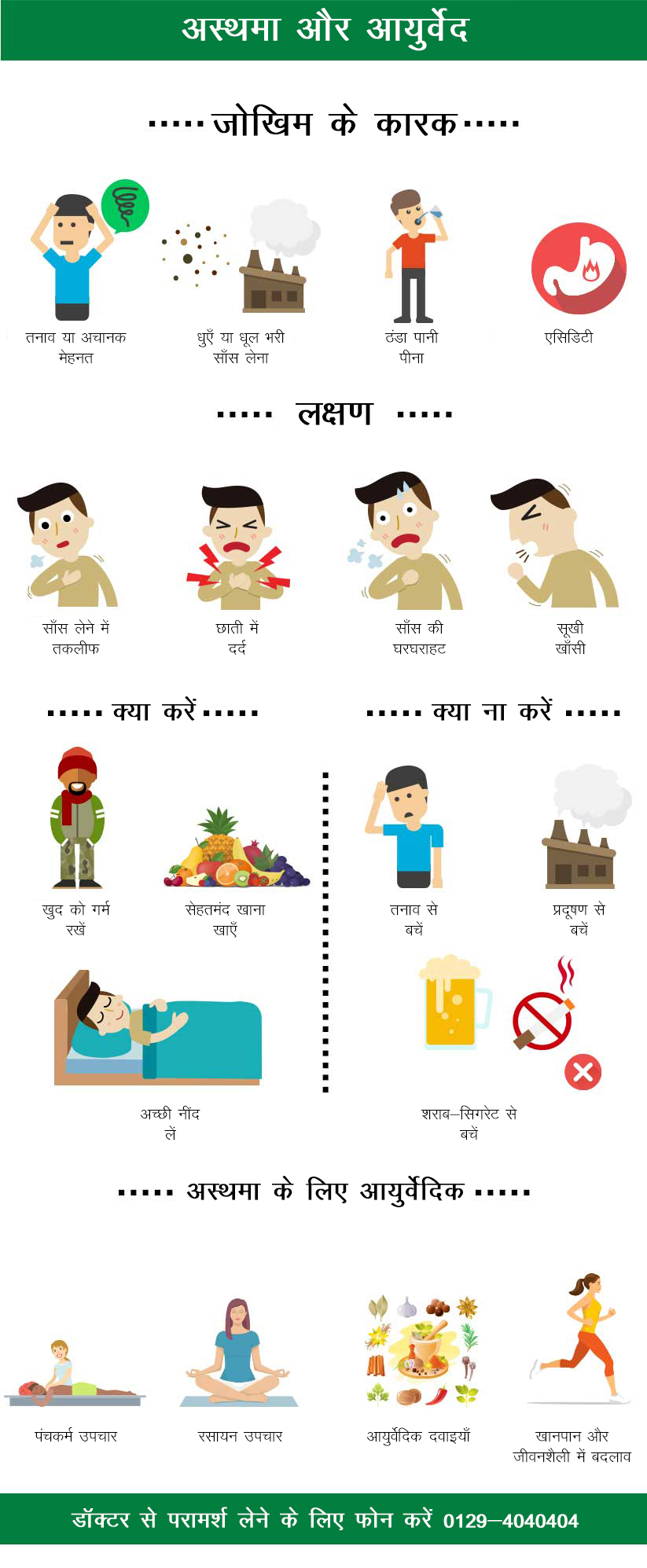Plans are essential to execute goals. Plans help your children see a clear route to reach their desired destination. As a parent you need to help your child make smaller, achievable goals that will eventually help them reach their desired goals. Here are 5 tips on what you can do to help your child.
Make a timetable:
Having a timetable or routine is the key to becoming disciplined – especially for children. By following a definitive routine, they will become more efficient and effective at achieving whatever they are pursuing – academic activities, extra-curricular or hobbies. There is an initial challenge in getting children to follow a fixed timetable. The solution is to put your children to make their own timetable while you guide them. This will give them a sense of ownership. Making the timetable is only part of the process. Make sure that your children are following it. Follow up with them periodically to see that they are following it. Keep the timetable placed at a position that is easy for them to see and for you to monitor.
Make to-do lists:
Besides the regular tasks that are scheduled in the timetable, there are other things too that needs to be kept track of. This can be achieved with the help of a to-do list. For that you should encourage your child to keep a diary where they can jot down their to-do lists and cross them one by one as they accomplish them. This is a very powerful habit that will let your child become a better organizer of tasks as he or she grows up. This also prevents forgetting important tasks.
Make prioritization a priority:
When there are too many tasks to accomplish, it becomes necessary to prioritize tasks that are more important. Sometimes it becomes necessary to accomplish a certain task quicker than others to avoid complications. This is when it becomes vital to pick the more important tasks first. Encourage them to refer to this list again and again and add or cross off items on the priority list. Prioritization has far reaching implications in your child’s life, such as getting homework completed on time, preparing for examinations, and taking exams. It is a skill which will benefit them in all areas of their life
Teach them to respect deadlines:
An important part of planning and accomplishing things is to have a clear deadline – and respect them as well. When an important assignment is given to your children – be it a homework, responsibility at home, or any other task - ensure that they remain aware of the due dates and work towards achieving them. As parents, you can help your children to start early with enough time in their hand to avoid delays. A gentle reminder to start early and not wait for the last moment goes a long way in keeping deadlines.
Balance work and play:
Sometimes children receive so much work that they become overwhelmed with their tasks and can’t figure out where to start. In such cases, children become so anxious with mental overload that their brain literally shuts down. They then handle the situation with the only way they know how – avoidance. Hence a balance of work and play is essential. It may sound counterintuitive but studying excessively is not beneficial for learning. So when you work with your children, make sure that you have enough time set aside for play.
The Importance of Self-Assessment:
Children are used to be assessed by parents, teachers and guides, but they get rare opportunities, if any to assess themselves. This is indeed a very powerful practice that students should learn to engage in since this allows them to get a sense of where they stand with their accomplishments. Later in life this practice will help them in assessing how well they have been performing in their studies as well in tasks that have been assigned to them.
For instance, let your children assess themselves on how well they have been following their daily routines, performing in their studies and helping around the house. A simple rating system, like a 5-point scale will make the task of scoring easy on them. For this to be an effective, you can make these self-assessments sessions weekly or fortnightly.
Planning and achieving goals is a valuable life-skill that will help your children stand in good stead throughout their lives.
































